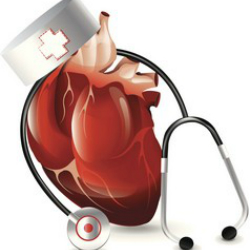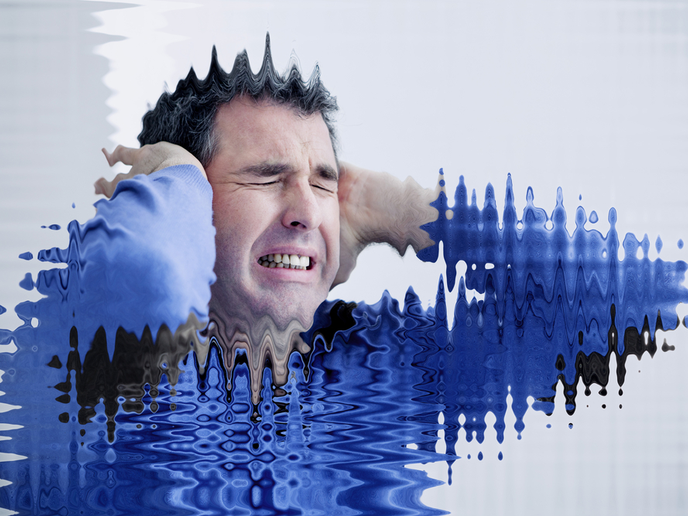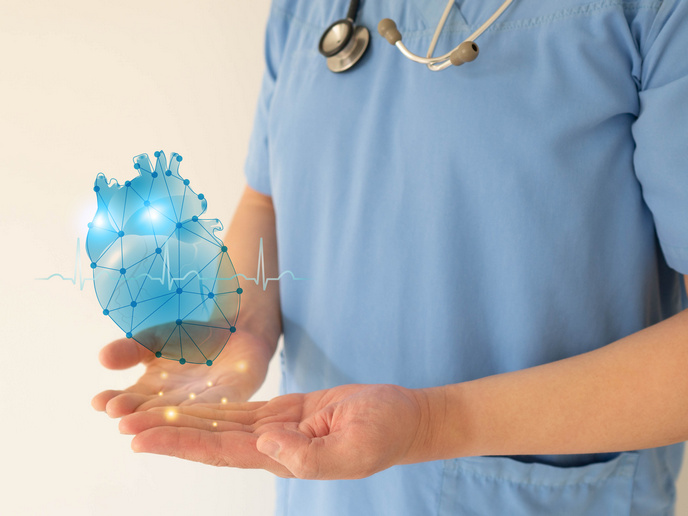Self-regeneration activation in damaged heart tissue
As CHF after angioplasty and stents is responsible for an annual mortality rate of 18 %, there is a need to regenerate damaged tissue after this procedure. Recent evidence indicates that the heart muscle (myocardium) contains pluripotent cells that act like endogenous cardiac stem cells (eCSCs), which are capable of anatomical and functional regeneration. The EU-funded CARE-MI (Cardio repair European multidisciplinary initiative) project developed allogeneic cell and factor therapy products for eCSC activation. Their goal was to make these products biocompatible, affordable, readily available, user-friendly and compliant with regulatory standards. Pre-clinical and stability tests confirmed the robustness and bio-equivalency of allogeneic cell batches. The CARE-MI consortium carried out extensive human CSC (hCSC) product testing and results demonstrated their anti-inflammatory and hypoimmunogenic properties as well as their capacity to promote healing. Safety and biodistribution testing results were highly promising with no major adverse effects seen in the presence of the hCSCs. CARE-MI also optimised dosing, timing and delivery methods along with magnetic resonance imaging protocols for visualising myocardium regeneration and functional recovery. For intracoronary injection of hCSCs, the no-observed-adverse-effect level was set at 50 million human cells. Interestingly, treatment of IHD was found to be more effective and non-toxic seven days after infarction rather than two hours after. CSCs obtained from younger hearts had better proliferative ability than those from older hearts (over 65 years). Studies also suggest that in vivo administration of growth factors such as neuregulin-1 could promote cardiac regeneration and repair in IHD patients. Researchers optimised insulin-like growth factor-1 loading and release from polymeric monospheres, with in vitro tests confirming their bioactivity. They successfully scaled up production processes for preclinical studies in infarcted pigs. An impressive accomplishment, the clinical trial I/IIa (EudraCT 2013-001358-81) is ongoing where researchers are assessing the efficacy and safety of AlloCSC-01. This product is a suspension of allogeneic hCSCs that is currently being evaluated in patients after a heart attack. The results of this study are due in early 2017. In the US and Europe alone, around 1.5 million heart attacks are treated annually. The use of AlloCSC-01, either singly or in combination with factor therapy, could prevent CHF-related deaths. Successful trial outcomes will help in fine-tuning IHD treatment strategies.
Keywords
Ischaemic heart disease, heart failure, eCSC, allogeneic cell, factor therapy, insulin-like growth factor-1, clinical trial, AlloCSC-01







